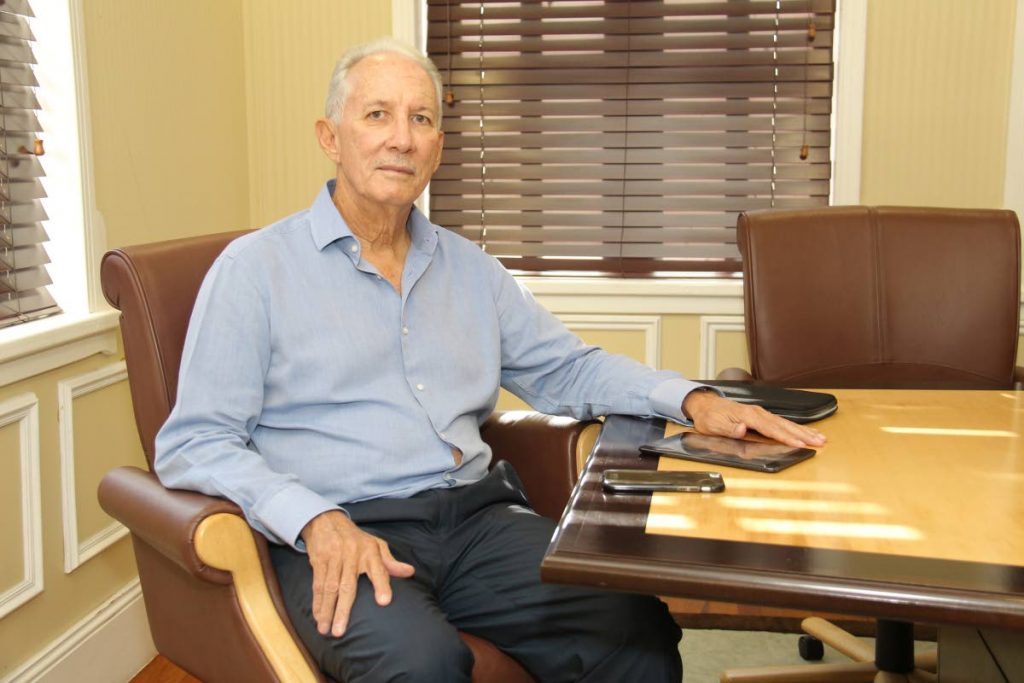NO FIRE SALE

THERE are no buyers waiting on the sidelines to buy Petrotrin’s refinery, which is scheduled to cease operations in the company’s restructuring process.
Concerns have been expressed about the future of the refinery, which has seen several expensive upgrades over the years, but chairman Wilfred Espinet denied outright yesterday that the refinery is for sale.
Asked if there had been expressions of interest in it, in an interview on I95.5 FM, Espinet said no.
“Nobody indicated any interest of any sort to purchase the assets of Petrotrin. I have no idea. I don’t know a soul who have any interest in doing it."
He explained that across the region and in South America, approximately 15 similar plants have been closed over the last few years and he can only imagine those may be up for sale. So there is no rush by anyone to get their hands on the asset at Pointe-a-Pierre.
His denial comes amid speculation that the refinery has already been sold or that it is to be sold in a "fire sale."
On Tuesday, president general of the Oilfield Workers Trade Union (OWTU) Ancel Roget, after Espinet announced the planned closure and job cuts, also questioned the plans for the refinery when it ends operations.
“Will they just mothball it, when it has the capacity to produce, at the very least, fuel for the local economy? They feel people foolish. Somebody else will come out of the wings and propose a cheap sell to restart it, operate and then sell back to you – your own patrimony,” Roget told workers at Beaumont Hill.
Espinet reiterated that the decision was in keeping with government’s mandate to make Petrotrin sustainable and profitable. He said previous administrations failed to take into consideration the fact that Petrotrin was a commercial company operating in a very competitive environment. He blamed bad management over the years for the "black hole" into which Petrotrin has sunk.
“As time went on, we had a lot of bad management in terms of capital expenditure which loaded the company with debt. Many of the capital-expenditure projects went on to the company’s books without it producing any real benefits to the company.
“What you ended up doing was carrying that expenditure with no revenue to support it. So your revenue you were getting had to pay for loan interest you borrowed to do those capital projects.”
He identified two of these projects at the failed World Gas to Liquids and Ultra Low Sulphur plants.
Addressing Petrotrin’s $8 billion debt repayment, due in August 2019, Espinet said this could have implications for TT’s sovereign debt.
“That bond payment is not guaranteed by government explicitly, but it is implicitly guaranteed by government. The bond-holders expect government is going to pay if Petrotrin can’t – which it can’t in its current state.
“Now the rating agencies that rate Petrotrin are at us every day. Unless we can demonstrate to them we have the capabilities of renewing our debt, refinancing our debt or paying it off, they would downgrade us.”


Comments
"NO FIRE SALE"